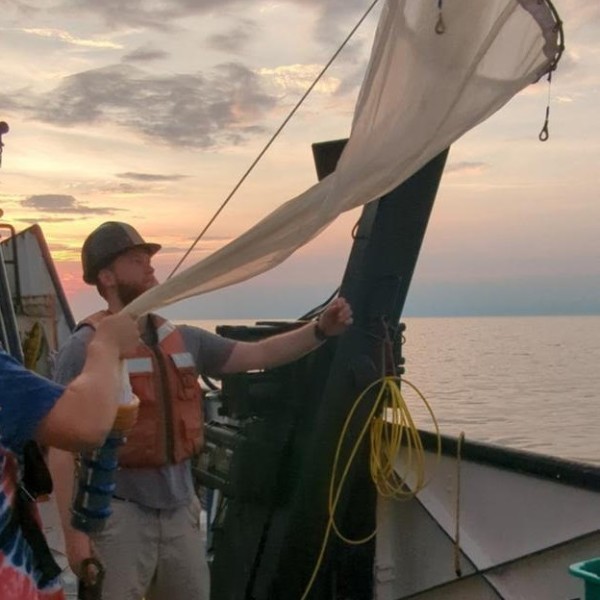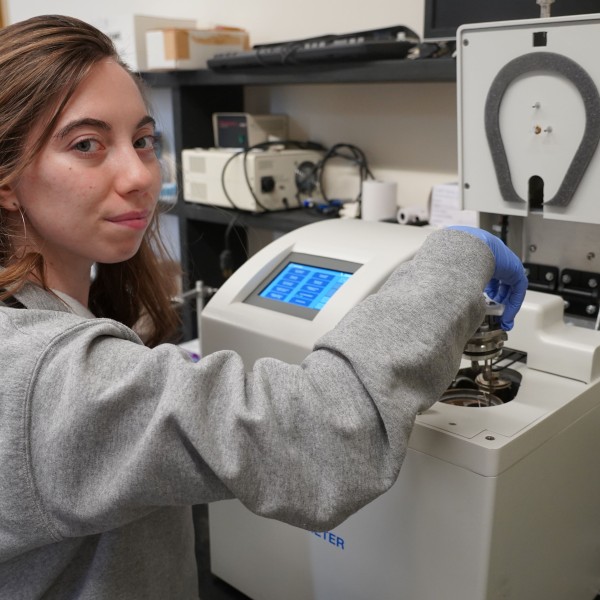Academic focus: Evolutionary ecology
Research summary: I am a behavioral and evolutionary ecologist who studies the evolution of rapid trait diversity and how diversity is maintained under environmental change. To do this my lab works mainly with fish and insects and uses a multidisciplinary approach to study five main research areas: 1) rapid evolution, 2) the interplay between natural and sexual selection, 3) warning color polymorphism, 4) urban ecology, and 5) the role of behavior in eco-evolutionary dynamics.
What do you like to do when you’re not working?
When not at work I am usually with my two amazing children or reading (sometimes combining the two). Making sure that I achieve a good work-life balance is a priority, and finding joy, both in and out of work, is very important to me.
What are three adjectives people might use to describe you?
I would hope most people around me would describe me as nice, driven and family-oriented.
What (specifically) brought you to Cornell CALS?
What drove my decision to come to Cornell was my belief in the strategic vision at Cornell, CALS and the Department of EEB. I believe this to be a safe and inclusive space that I can have increasing opportunities to build a strong and impactful research career while at the same time having a platform upon which to further launch shared goals of making all academic spaces open and accessible for all who wish to tread on that path.
What do you think is important for people to understand about your field?
Studying how and how fast organisms can adapt to environmental change is vital to our subsistence not only as a species but also the overall survival of our globe. It may be baffling for people when I tell them I am studying how environmental change affects sexual traits in a tropical fish or a palearctic moth in terms of understanding bigger picture queries. However, these experiments all combine to fill in pieces of a larger puzzle examining how the world works, and how species interact with themselves, others and with the environments they inhabit.
What’s the most surprising/interesting thing you’ve discovered about Cornell and/or Ithaca so far?
That the airport is so tiny (ha!). Seriously, we have loved discovering all the beautiful hikes and gorgeous waterfalls.
If you had unlimited grant funding, what major problem in your field would you want to solve?
I would provide research funds for collaborators and networks in typically underrepresented countries for large-scale global collaborations on climate change and climate change adjacent research and policy changes. The upcoming trends are alarming, and they will not be solved by one country or a few isolated ones. It will require coordination and widespread research into changing patterns by better involving local individuals into the work.





